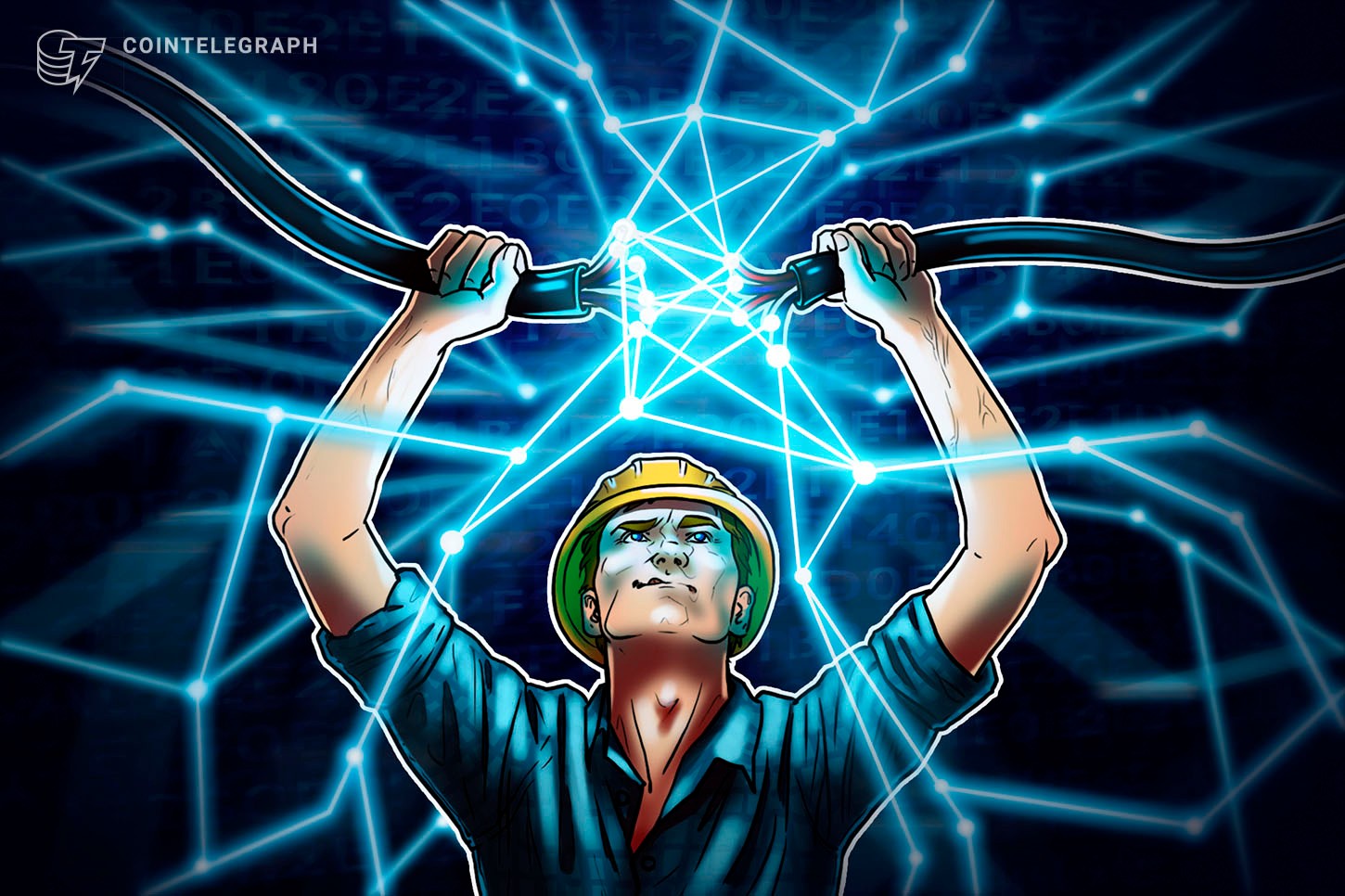Mitsubishi Electric has teamed up with researchers from the prestigious Japanese university, Tokyo Tech, to jointly design a blockchain-based trading system that can support more flexible, peer-to-peer energy trading.
Announced on Jan. 18, the new system is intended to support the efficient use of surplus electricity that is generated from renewable energy sources. In particular, it is hoped that the trading system can ensure that at any given moment, there will be the maximum available amount of surplus electricity accessible on the market for consumers.
Peer-to-peer energy trading set-ups allow consumers and prosumers to engage in direct trading as buyers and sellers. To make their new system less reliant on hardware-intensive, high-volume computations, Mitsubishi Electric and Tokyo Tech have customized their blockchain system in order to optimize matches and make clearing buy and sell orders more efficient.
According to the announcement, a distributed-optimization algorithm, which differs from most blockchain technologies, enables customer computers to share their trading goals and data and then to "optimally match buy and sell orders using minimal computations." As well as requiring fewer computations, what Mitsubishi and Tokyo Tech call their "new mining method" can be executed on a micro-computing server. The four steps involved in the method are as follows:
"In the first step, information on buy and sell orders with a common trading goal (market surplus, profit, etc.) are shared by computing servers during a predetermined timeframe. Second, each server searches for buy and sell orders matched to the common goal in the first step. Third, each server shares its search results. In the fourth and final step, each server receives the search results and generates a new block by selecting trades that best meet the shared goal, which it adds to each blockchain."
Moreover, to ensure trading is fair, the search for the solution for each shared goal occurs in a decentralized manner — i.e., in parallel on multiple computers, where equivalent matches are selected at random.
The flexibility of the system ensures that buyers and sellers can make trades above or below bid prices if the right match is found. Those who fail to make a trade can also change the terms of their subsequent offer on the basis of assessing the previous offer/bid conditions.
Mitsubishi and Tokyo Tech anticipate that by ensuring the maximum amount of surplus electricity is available for trading on the market, the cost of sustainable consumer goods such as electric vehicles will drop accordingly. By proposing a peer-to-peer solution, the onus will no longer be on retail power firms to respond to market fluctuations.
As previously reported, blockchain-based digital energy platforms have already been operative for some time in other countries. The Australian firm Power Ledger, for example, offers blockchain-based transactive energy solutions that include peer-to-peer energy trading and virtual power plants, along with trading in carbon credits and renewable energy certificates.
Mitsubishi and Tokyo Tech have announced that, following evaluations of the system's operations beginning in April, their aim is to commercialize the product as quickly as possible.


